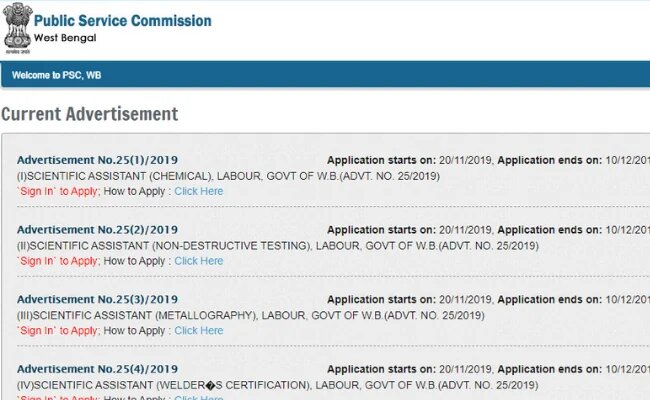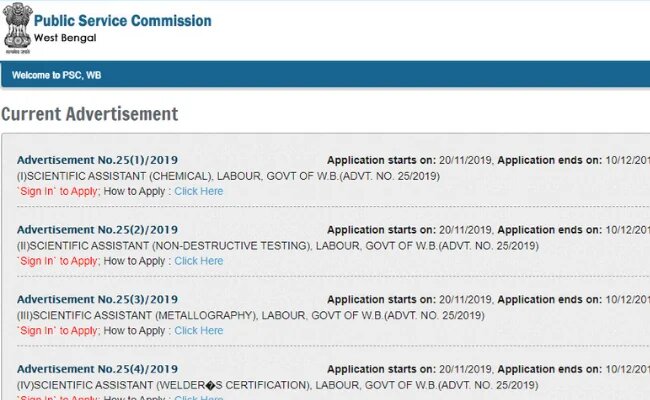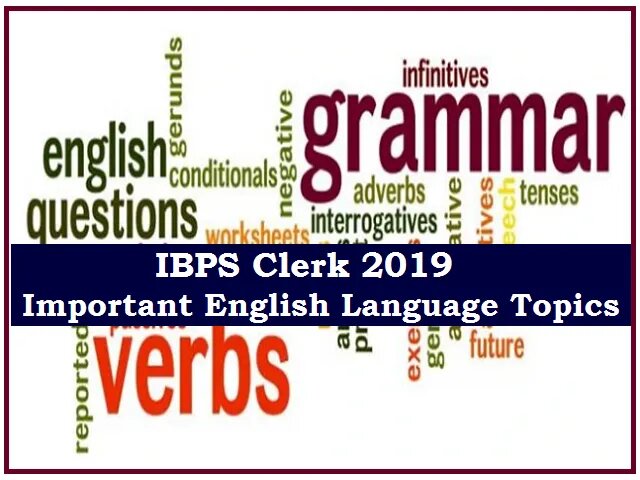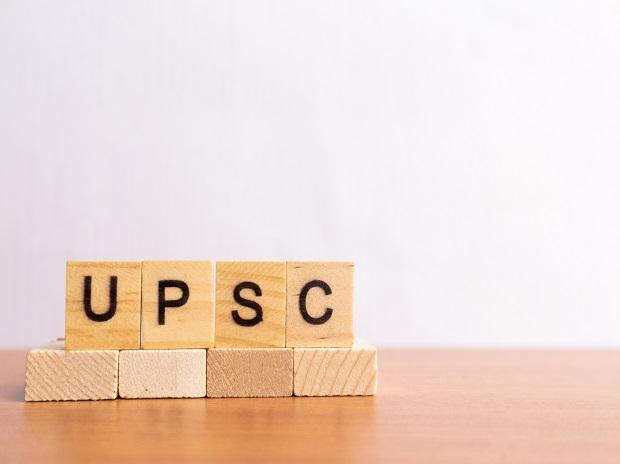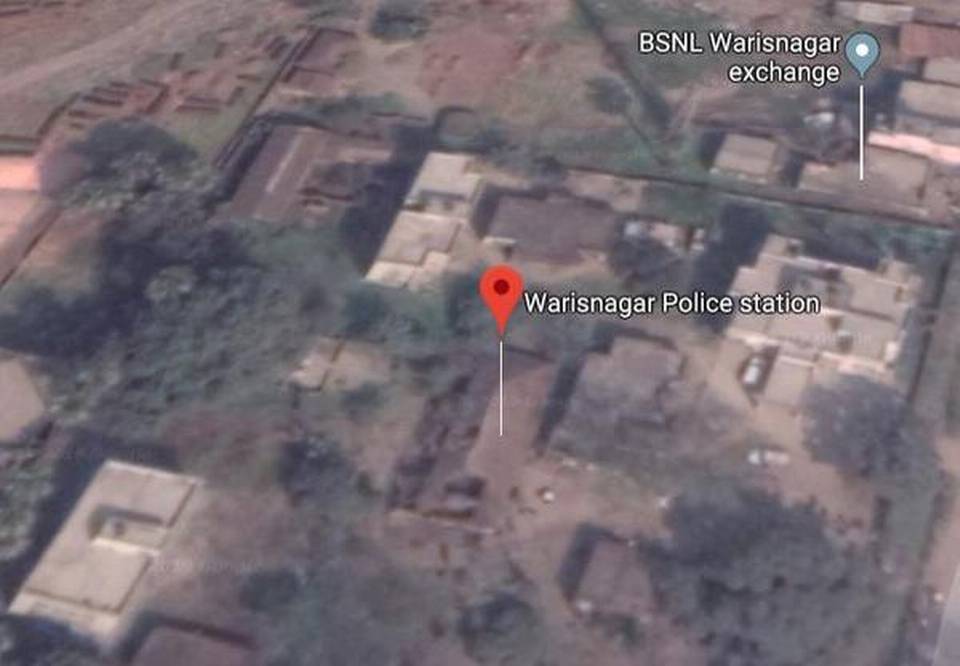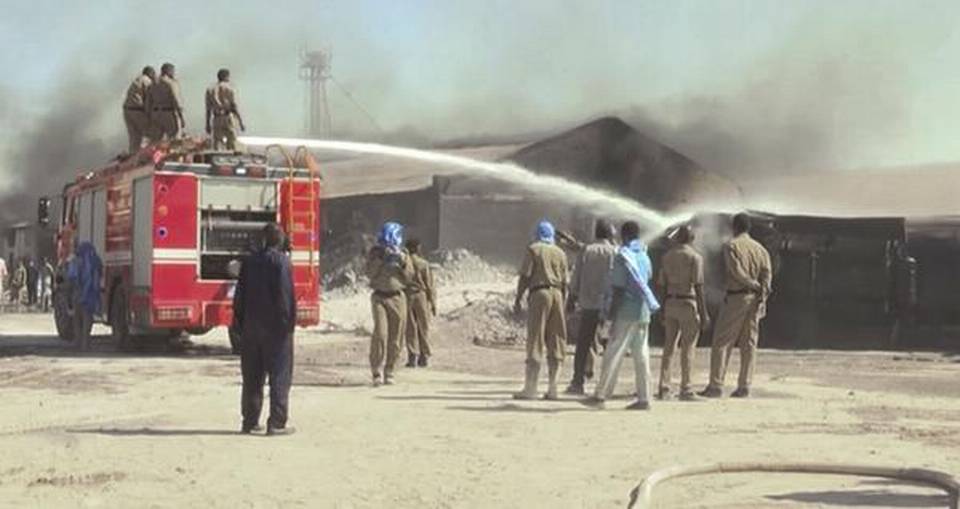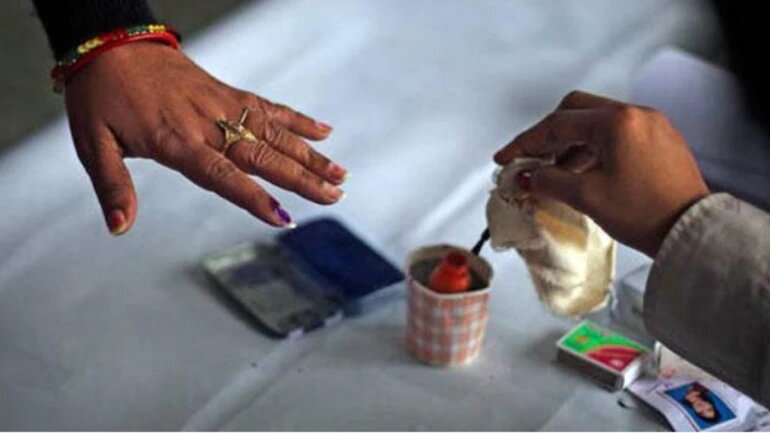WBPSC Recruitment 2019 Notification Out: Apply Online for 38 Welfare Officer Posts at pscwb.ucanapply.com, Steps How to Apply Check here.
Source – pagalguy.com West Bengal Public Service Commission (WBPSC) is looking for candidates for the post of Principal (Government Degree […]
